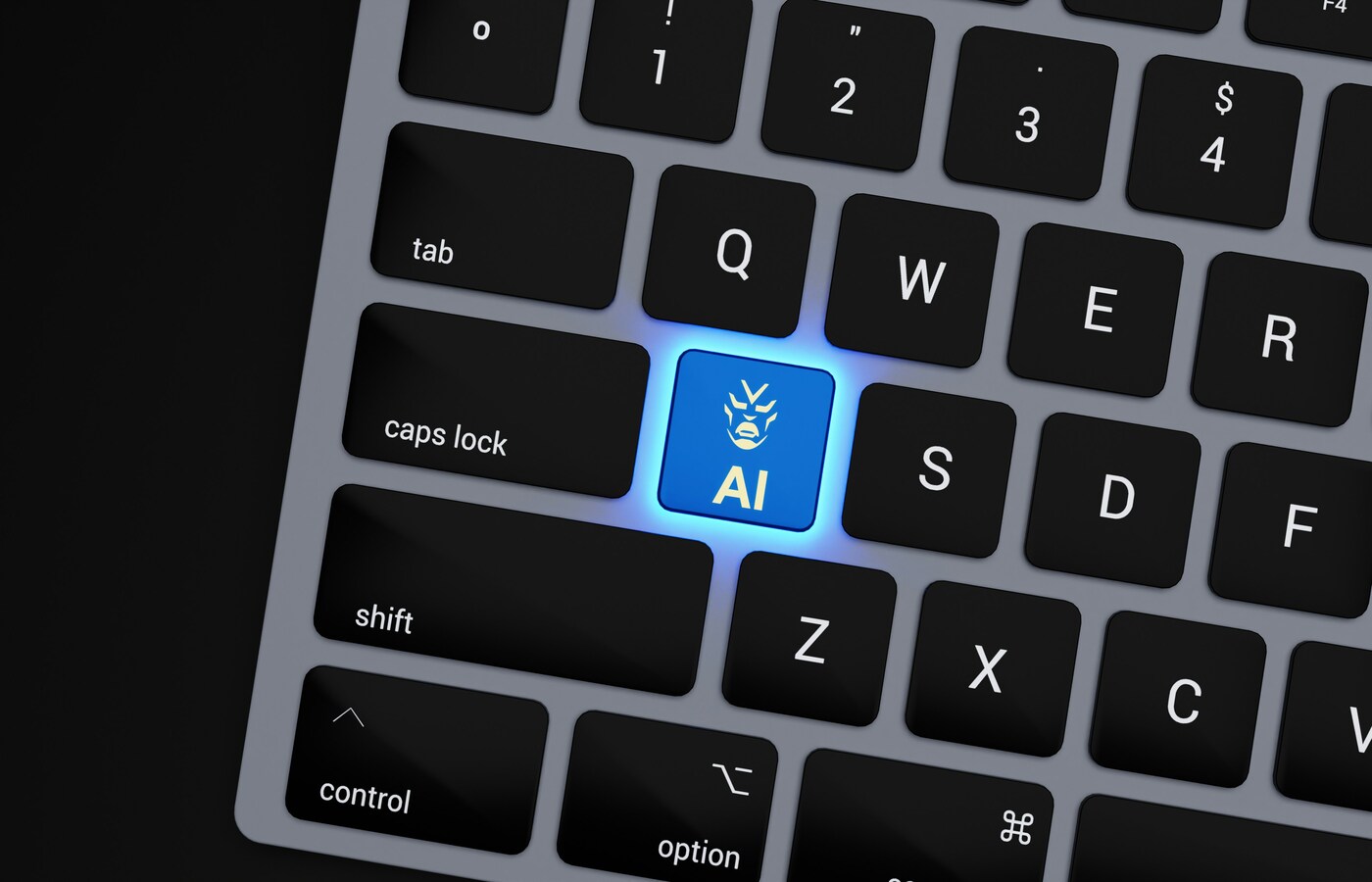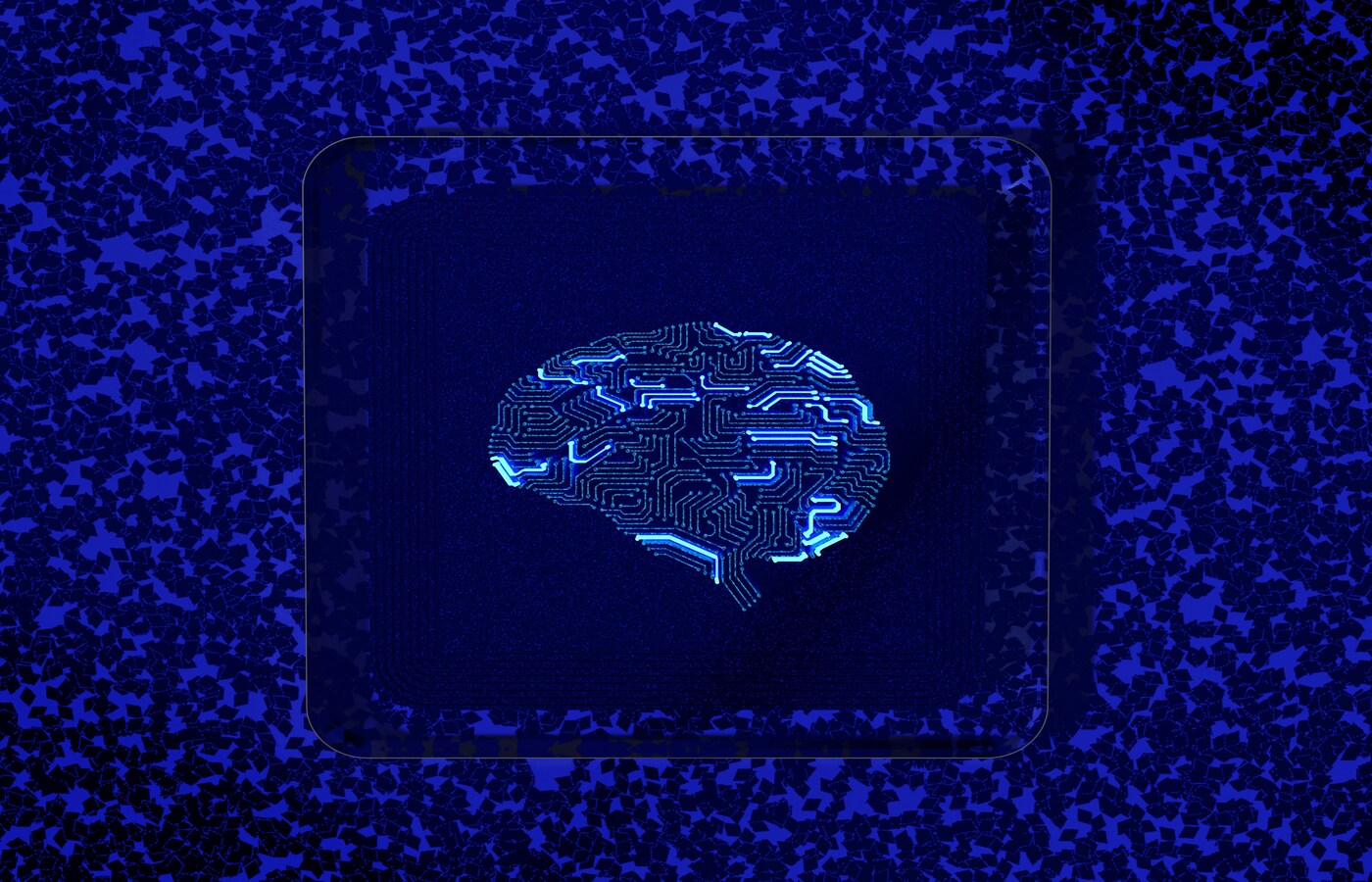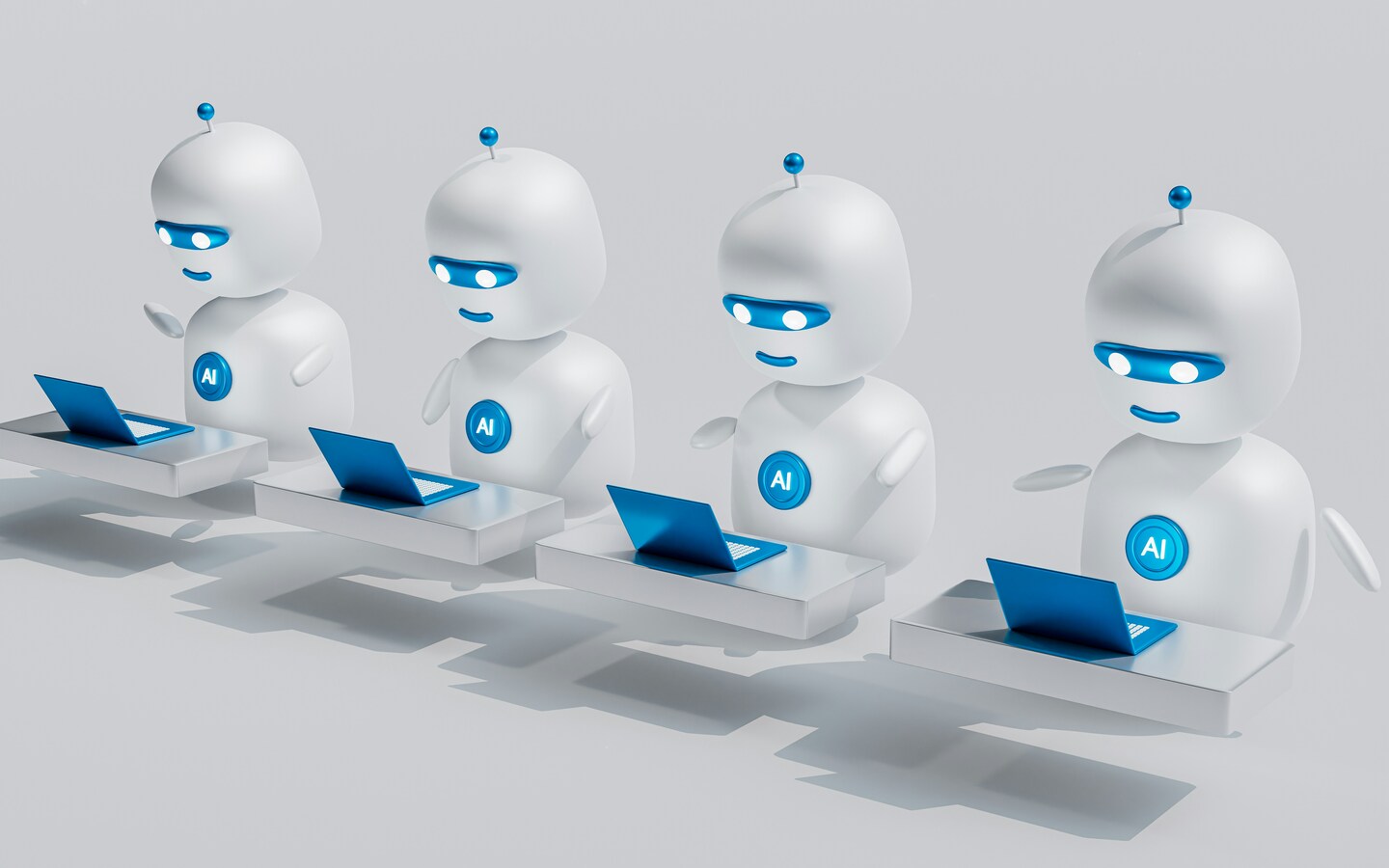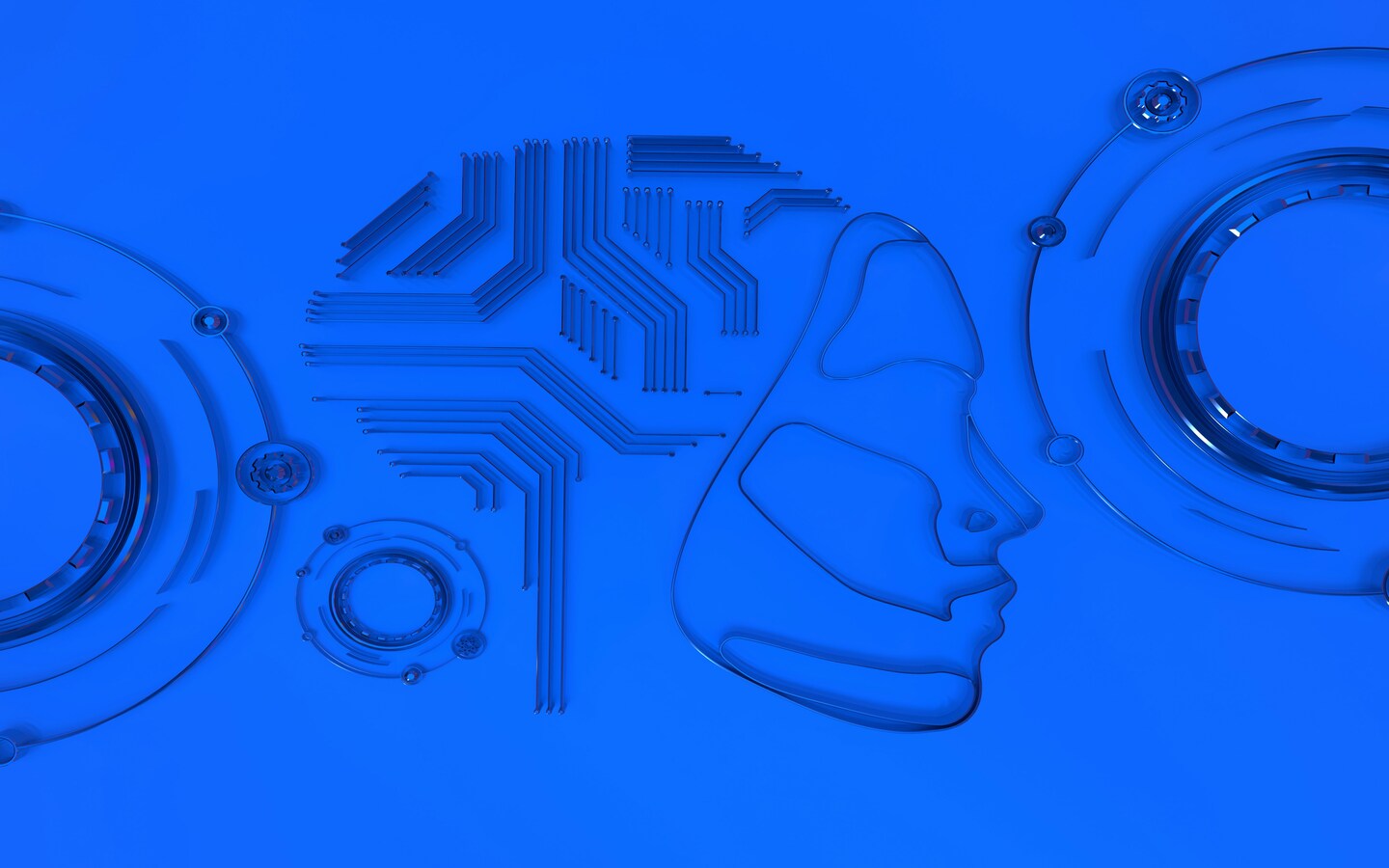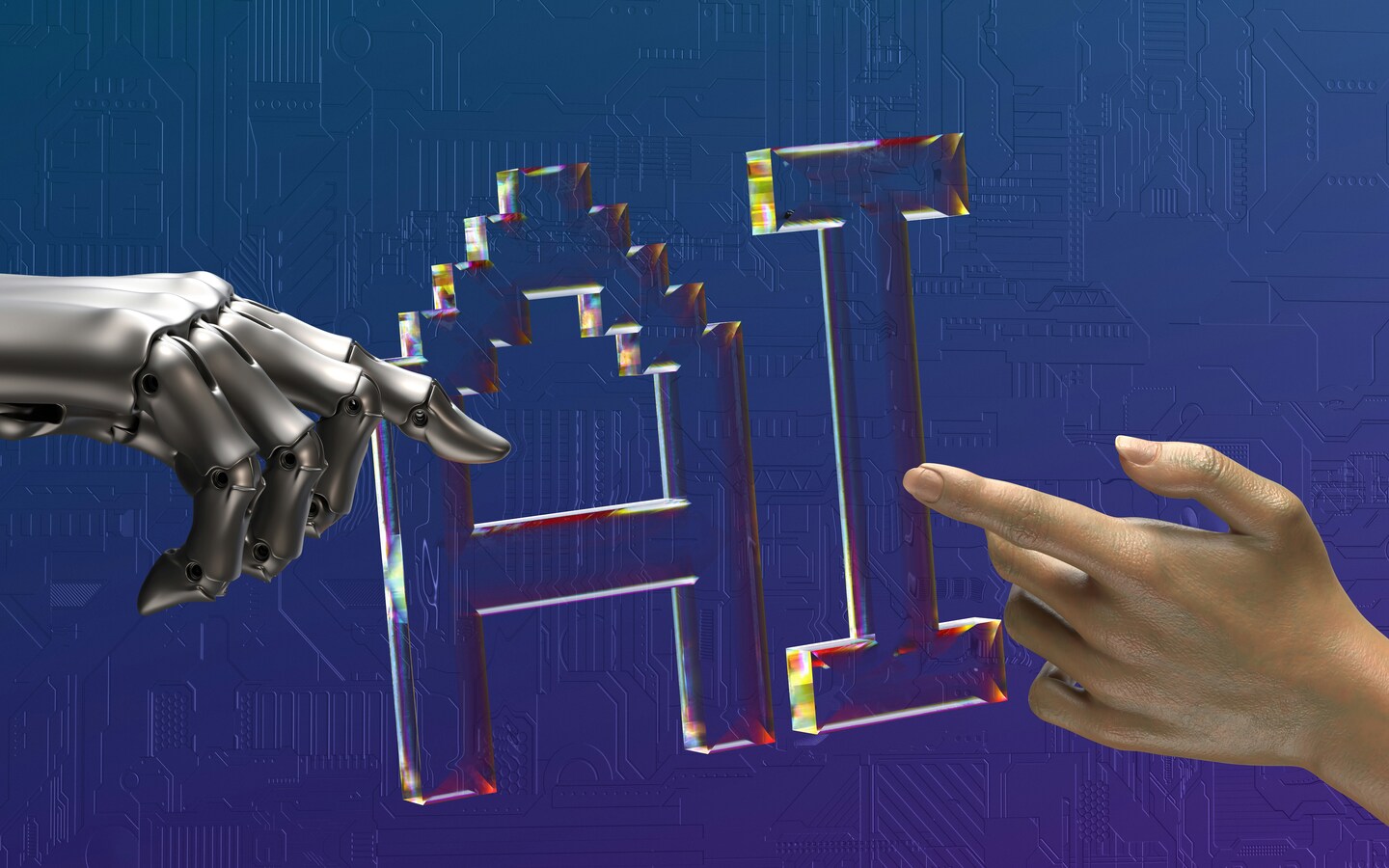Pioneering the next era of AI
Reg CF Campaign
We are raising funds to expand our development and marketing efforts. Visit our Dealmaker site to learn more.
Our Vision
Begin understanding the revolutionary nature of New Sapience in our mini-documentary on YouTube.
Pioneering the next era of AI
Reg CF Campaign
We are raising funds to expand our development and marketing efforts. Visit our Dealmaker site to learn more.
Our Vision
Begin understanding the revolutionary nature of New Sapience in our mini-documentary on YouTube.
“This is completely different to what
anyone else is doing in the field of AI”
-Jack Frassanito, Co-Founder of the Desktop PC
“This is completely different to what anyone else is doing in the field of AI”
-Jack Frassanito, Co-Founder of the Desktop PC
“This is completely different to what anyone else is doing in the field of AI”
-Jack Frassanito, Co-Founder of the Desktop PC
Curated Knowledge.
All sapiens have a baseline capacity for language and a degree of common knowledge.
Personalized. For You.
All sapiens can be customized to an unlimited degree via plug-in modules that consist of expert knowledge.
Contrarian.
New Sapience broke with the convention that artificial intelligence must imitate natural intelligence.
Compact Common Sense.
We built a compact structure of core concepts that learn by reasoning about new information.
Curated Knowledge.
All sapiens have a baseline capacity for language and a degree of common knowledge.
Personalized. For You.
All sapiens can be customized to an unlimited degree via plug-in modules that consist of expert and specialized knowledge.
Contrarian.
Compact Common Sense.
Learn More
See All
Learn More
See All


